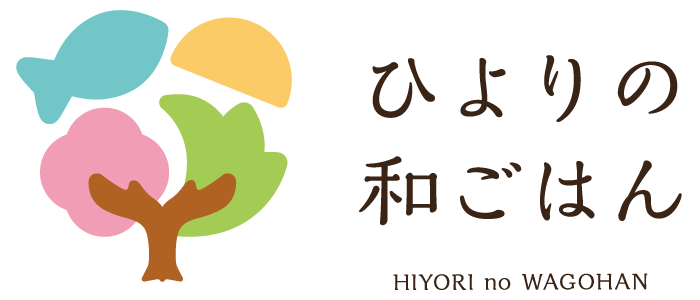Do you know the word "koshoku"?
With the rise of nuclear families and dual-income households, it is becoming more common for family members to eat meals separately, and it is not uncommon for even young children to eat alone.
This time, I would like to introduce some of the problems facing today's family dinner tables.
What are the seven "ko-shoku"?
Eating alone
Eating alone without family around can reduce communication and lead to a lack of interest in food.
Child meal
Eating alone without parents eating together not only reduces parent-child interaction, but it can also lead to children not learning proper eating habits and table manners.
solid food
Eating only certain foods or foods you like can easily lead to nutritional imbalance and obesity.
Individual meals
Even though we are all eating at the same dinner table, each family member eats different things separately, which can lead to picky eating and food preferences.
Small meal
Eating small amounts at one meal can lead to a lack of nutrients necessary for growth and make children lethargic.
Rich food
Eating processed foods and eating out, and other foods that are high in salt and sugar, can lead to excessive salt and sugar intake and taste disorders.
powdered food
Preferring to eat high-calorie staple foods that use flour, such as bread, pasta, and pizza, can weaken your chewing ability and make you feel less full, which can lead to overeating.
lastly
Continuing to eat small meals can lead to an unbalanced nutritional intake and disruption of your daily routine.
In today's difficult social climate, it may be difficult for the family to eat meals together every day.
There's no need to think of everything negatively, but it would be good if families could make an effort to eat nutritionally balanced meals and be aware that meals are an important opportunity for communication.
Especially during early childhood, children naturally learn the joy of eating and good food etiquette through mealtimes, so now is the time to give them rich eating experiences.

